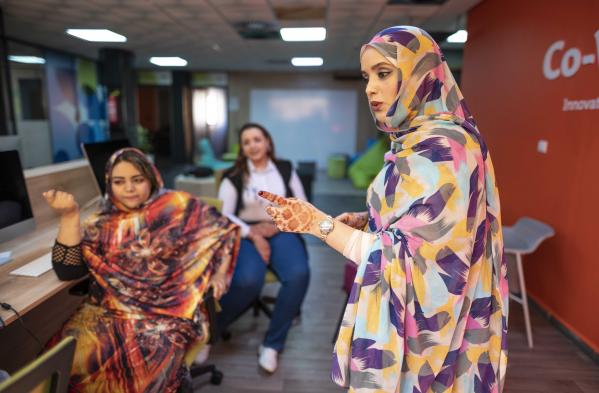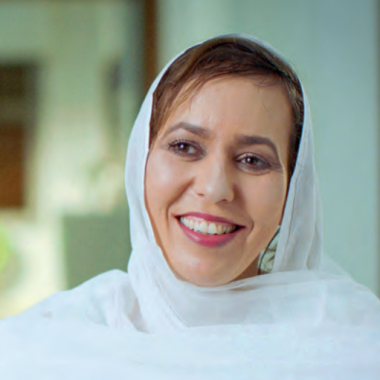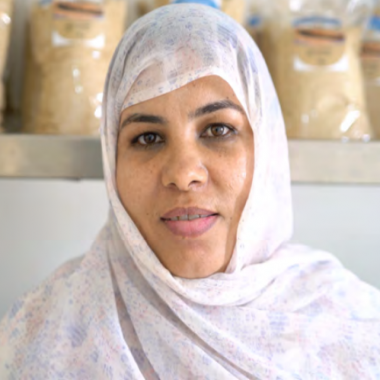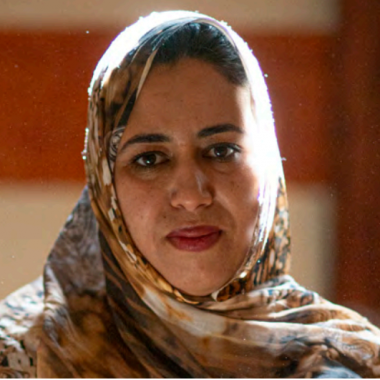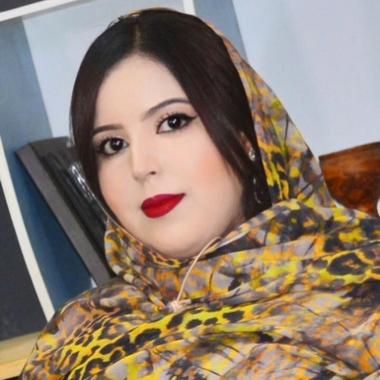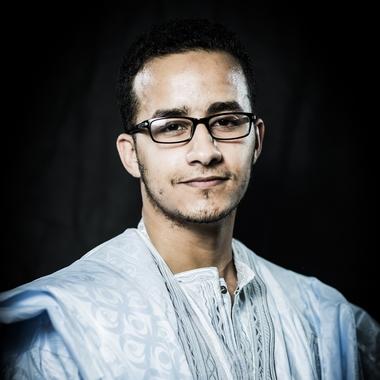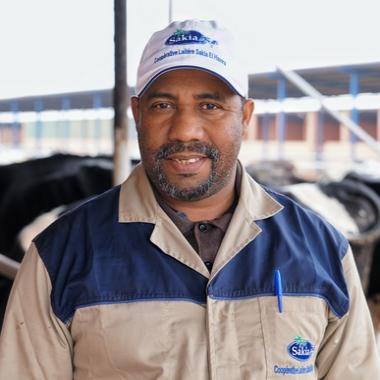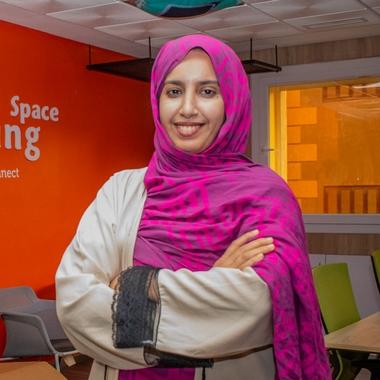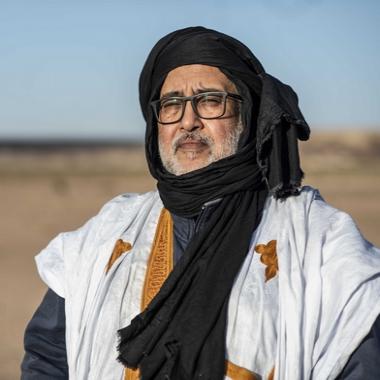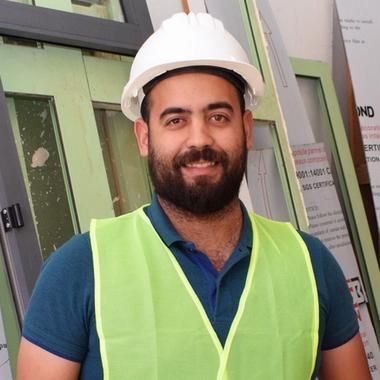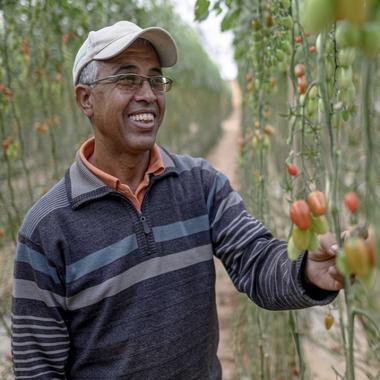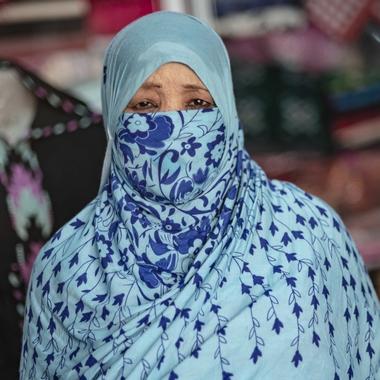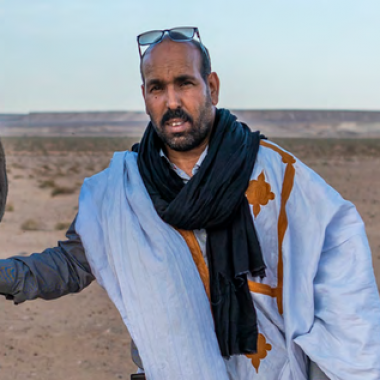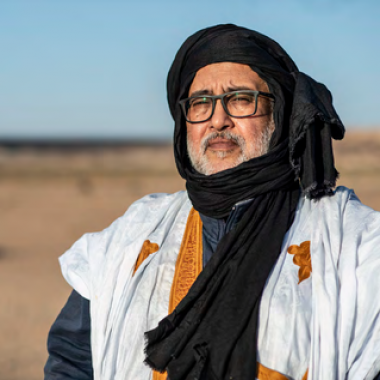World-class education will be delivered at a new Mohammed VI Polytechnic University (UM6P) campus, a Lycée d'Excellence and an Industrial Skills Center. These will dramatically increase access to education, with the Lycée d'Excellence building on the previous experience in Khouribga, of delivering world-class education to teenagers, preparing them for university or work.
The school will accommodate 360 high school pupils and will take 200 students from preparatory classes. Not only will this school give local children a better chance of reaching international schools, but it will be a vital asset in helping students enter the Technopole’s own UM6P university.
Previously, if students wanted to advance their studies they would have had to travel out of the region, something that deterred many for either cost or personal reasons. UM6P will bring graduate-level education to the Southern Regions for the first time.
The new university will see more of the population being educated to a higher level, benefiting students and the entire region.
The Technopole will also deliver 30,000 days of vocational skills training annually. Courses will cover electronic and industrial engineering, mining and practical skills for the upskilling of local workers and young people.


